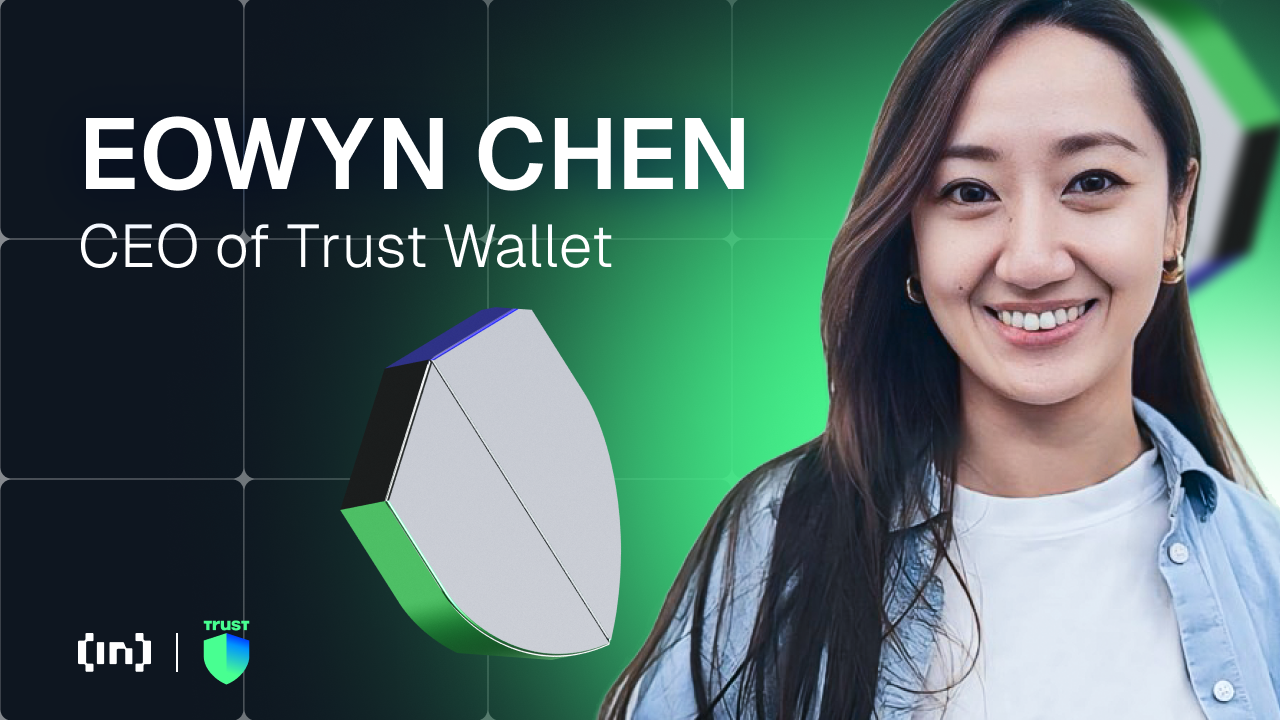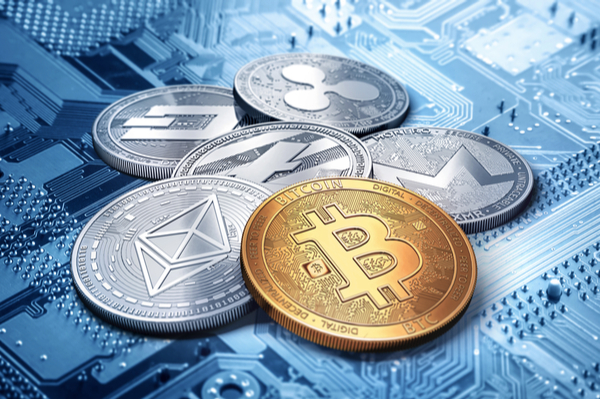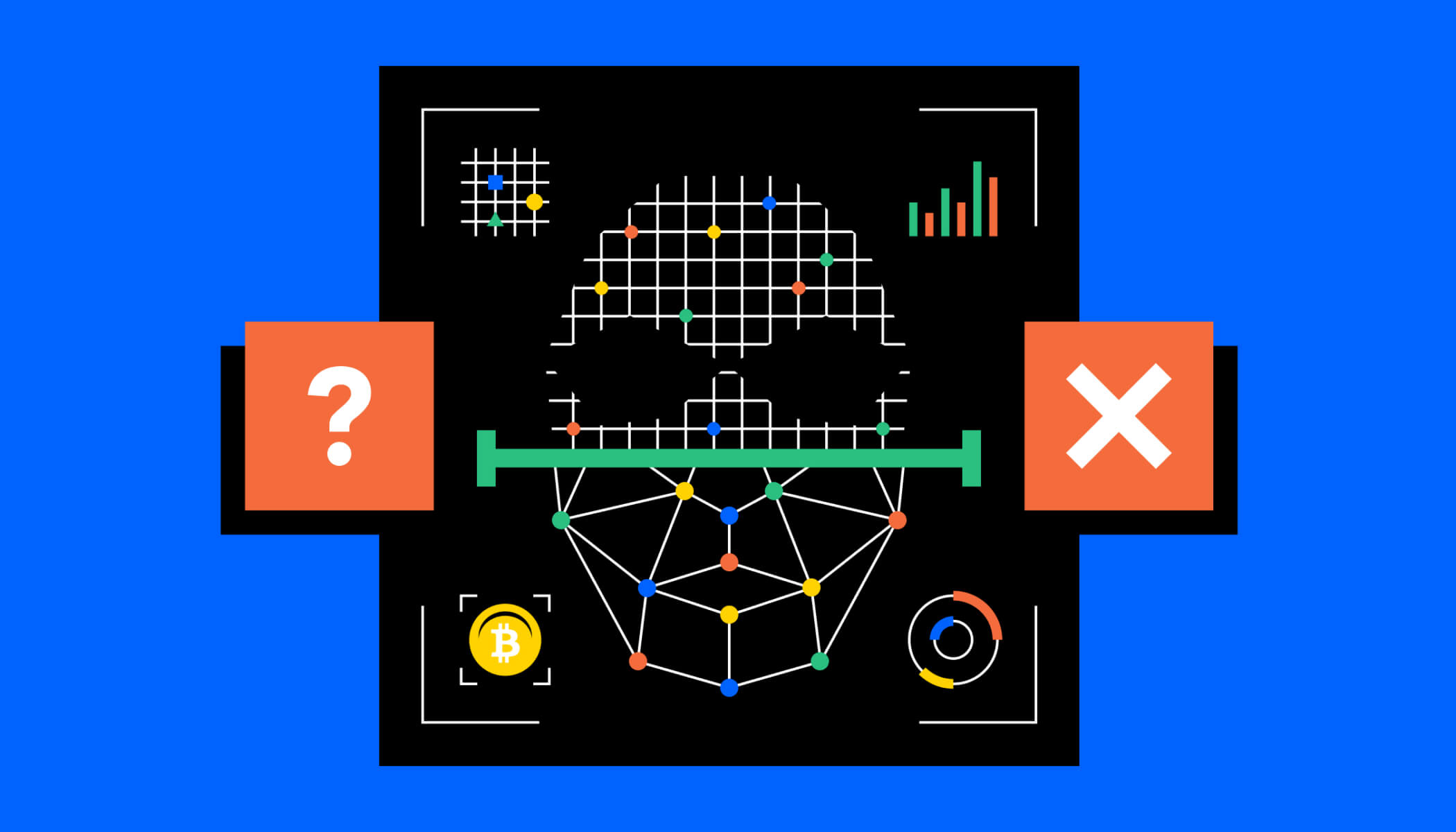Automating Trust in Blockchain Networks through Smart Contracts and Artificial Intelligence

In recent years, the convergence of smart contracts and artificial intelligence (AI) has garnered significant attention in the realm of blockchain technology. As digital ecosystems continue to evolve, the integration of these two powerful tools promises to enhance the efficiency, security, and reliability of transactions within decentralized networks. This article explores the fundamental principles of smart contracts and AI, their synergistic relationship, and the implications for automating trust in blockchain networks.
Smart contracts, self-executing contracts with the terms of the agreement directly written into code, are a cornerstone of blockchain technology. They allow for the automation of contractual agreements without the need for intermediaries, thereby reducing costs, increasing speed, and minimizing the risk of fraud. These contracts operate on a decentralized platform, ensuring that all parties involved in the transaction can access the same information, which enhances transparency and trust.
The automation facilitated by smart contracts is grounded in cryptographic principles, which ensure data integrity and security. When a predefined condition is met, the smart contract executes automatically, transferring assets or triggering actions without the need for human intervention. This feature is particularly beneficial in industries such as finance, supply chain management, and real estate, where trust and verification are paramount.
However, while smart contracts provide a robust framework for automation, they are not without limitations. The immutability of blockchain can lead to challenges in modifying contracts once they are deployed. Moreover, the complexity of legal language often makes it difficult to translate traditional agreements into executable code accurately. This is where AI comes into play, offering solutions that can enhance the functionality of smart contracts.
AI, with its ability to analyze vast amounts of data, recognize patterns, and learn from experiences, presents an opportunity to improve the execution and adaptability of smart contracts. Machine learning algorithms can be employed to analyze past contractual outcomes, assess risk factors, and optimize terms based on real-time data. By integrating AI with smart contracts, it becomes possible to create dynamic agreements that can adjust to changing conditions, thereby increasing their relevance and effectiveness.
One of the most promising applications of AI in conjunction with smart contracts is in the realm of dispute resolution. Traditional legal systems can be slow and costly, often requiring extensive documentation and multiple layers of bureaucracy. AI-driven systems can automate the resolution process by analyzing evidence, providing recommendations, and even executing decisions based on pre-established rules encoded within smart contracts. This not only expedites the resolution process but also reduces the potential for human bias, thereby fostering a more equitable environment.
Furthermore, the combination of AI and smart contracts can significantly enhance the security of blockchain networks. AI systems can monitor transactions in real-time, flagging anomalies and potential fraudulent activities. Machine learning models trained on historical data can identify unusual patterns that may indicate malicious behavior, allowing for swift intervention and mitigation of risks. This proactive approach to security is crucial in maintaining trust within decentralized networks.
The integration of AI into smart contracts also has implications for regulatory compliance. In an increasingly complex legal landscape, businesses must navigate a myriad of regulations and standards. AI algorithms can be designed to ensure that smart contracts adhere to these regulations by continuously monitoring transactions and flagging non-compliance in real-time. This not only streamlines the compliance process but also reduces the risk of penalties and legal repercussions.
While the potential benefits of combining smart contracts with AI are significant, challenges remain. The development of robust AI systems that can accurately interpret and execute legal agreements is still an ongoing endeavor. Additionally, concerns regarding data privacy and the ethical implications of AI decision-making must be addressed to foster widespread acceptance and trust in these technologies.
In conclusion, the fusion of smart contracts and artificial intelligence represents a transformative shift in the automation of trust within blockchain networks. By enhancing the capabilities of smart contracts through AI, stakeholders can create more adaptive, secure, and efficient systems that streamline transactions and reduce the reliance on intermediaries. As we move towards an increasingly digital future, the collaboration between these two technologies holds the promise of redefining how we engage in contractual relationships, ultimately fostering a more trustworthy and transparent digital economy.
What's Your Reaction?
 Like
0
Like
0
 Dislike
0
Dislike
0
 Love
0
Love
0
 Funny
0
Funny
0
 Angry
0
Angry
0
 Sad
0
Sad
0
 Wow
0
Wow
0


















